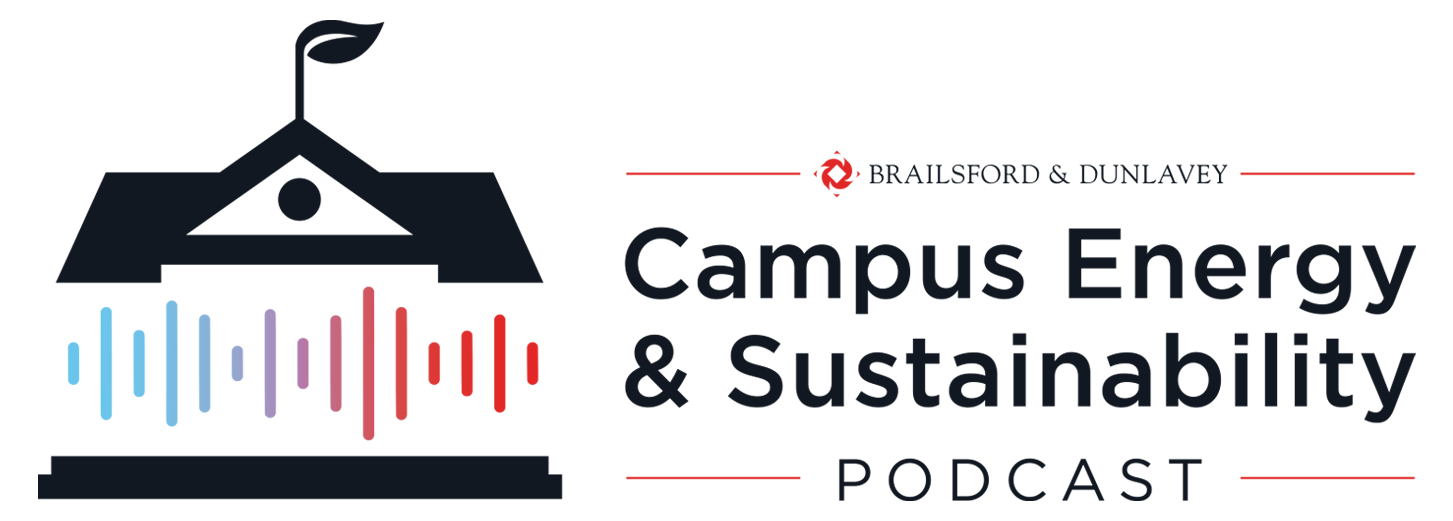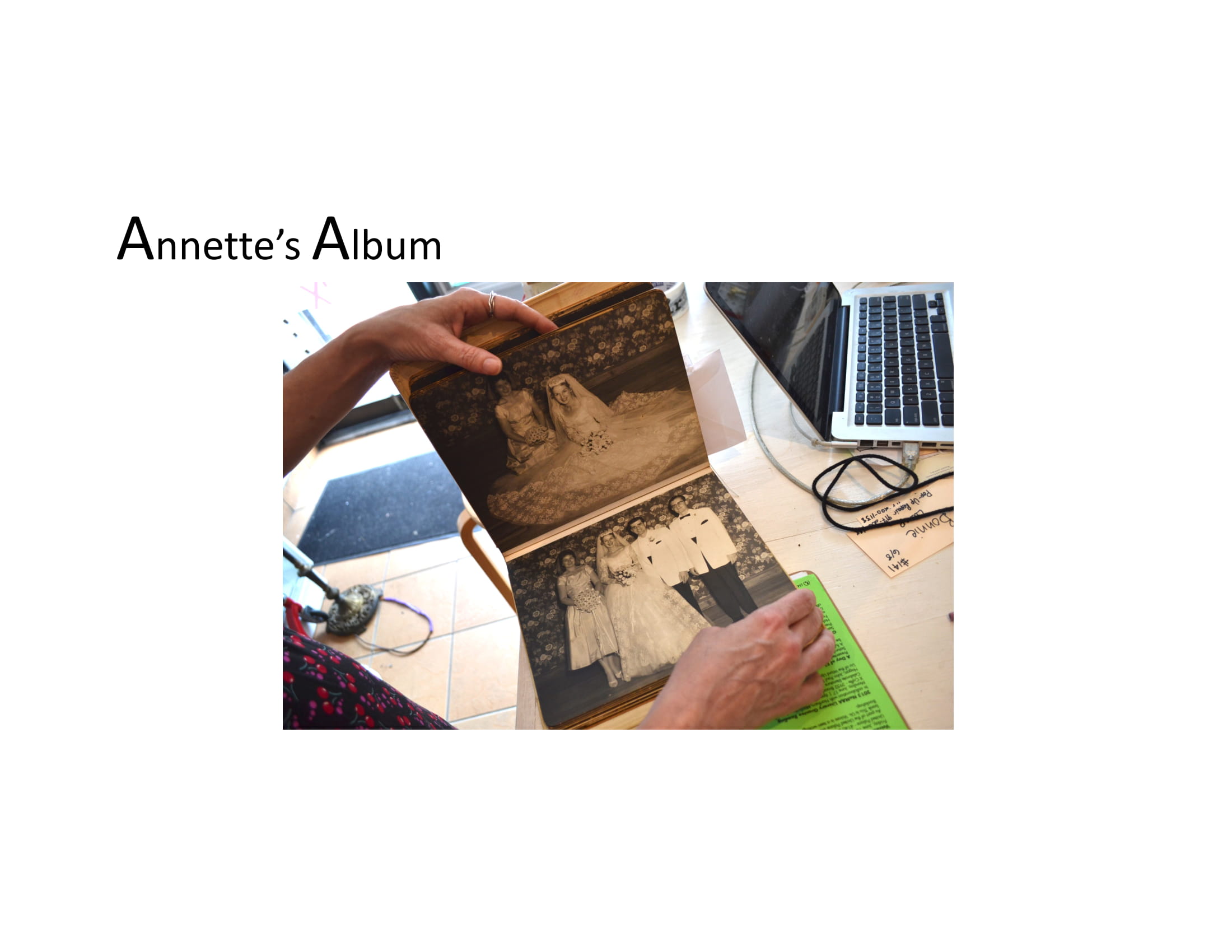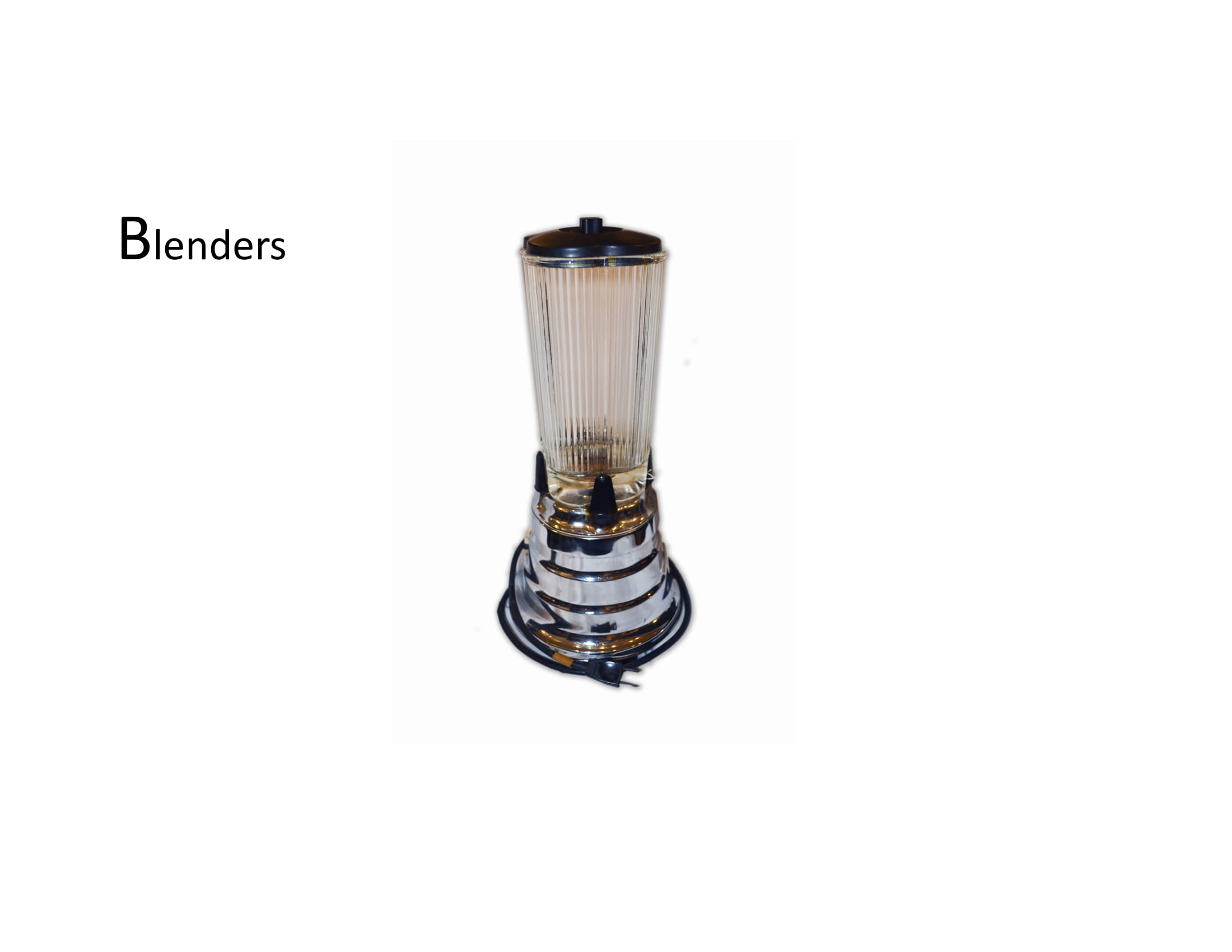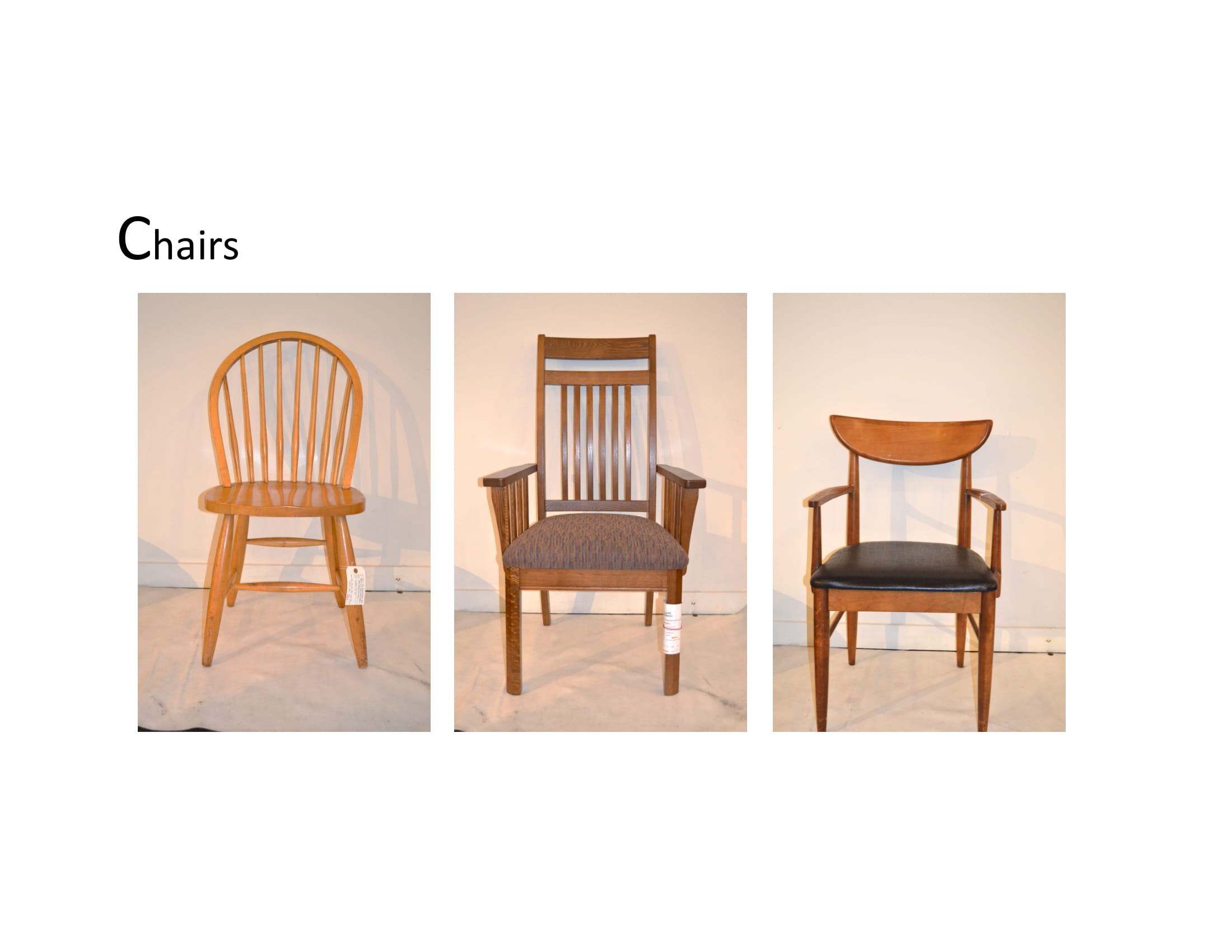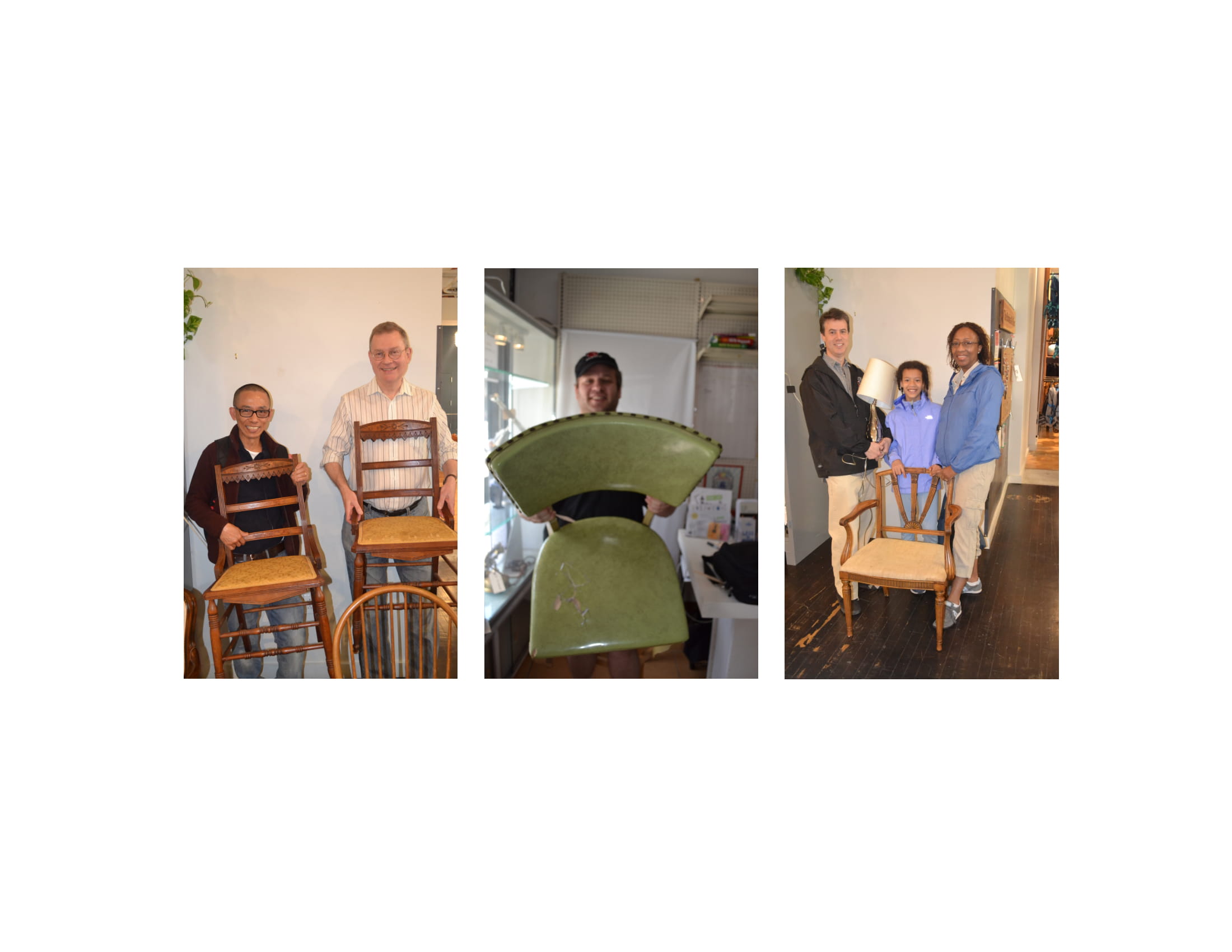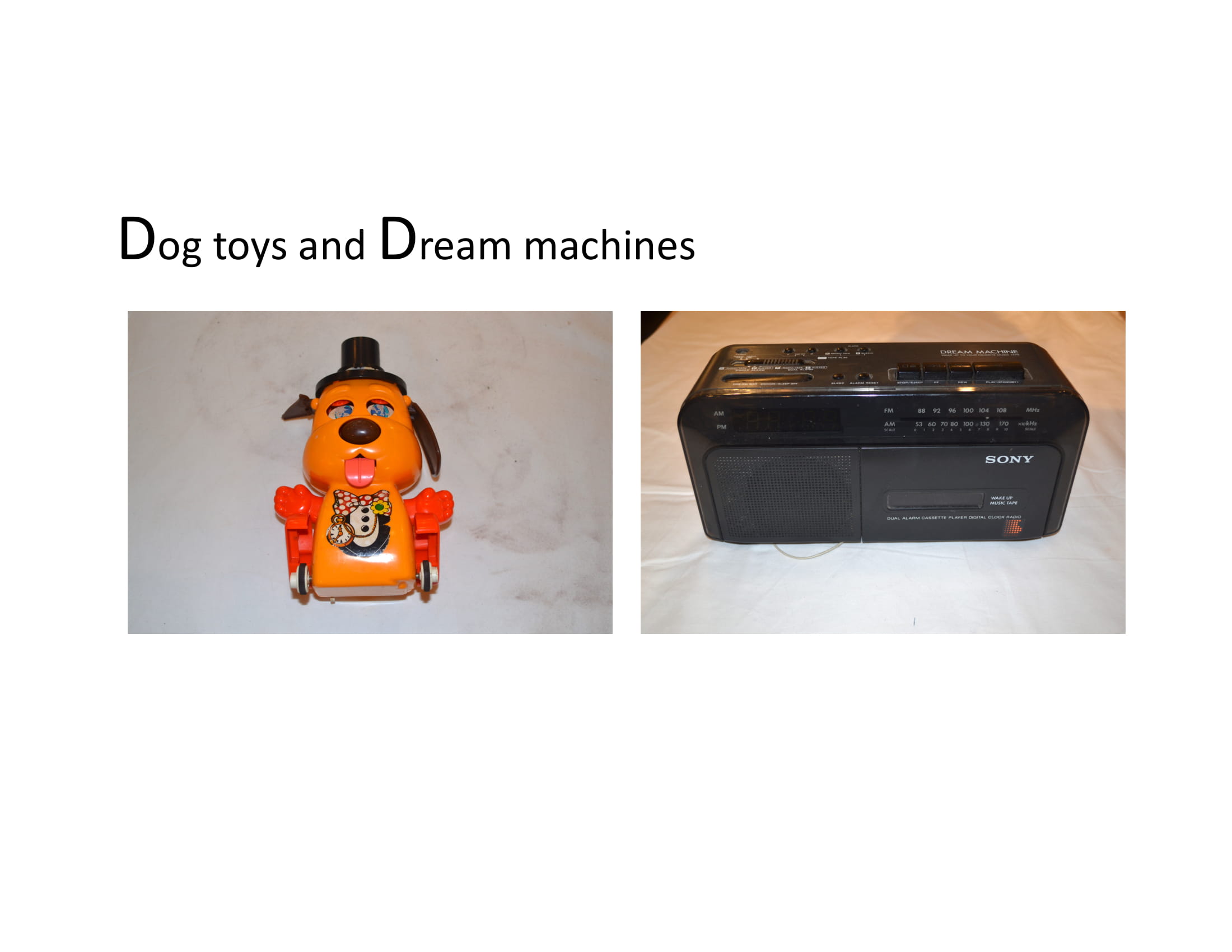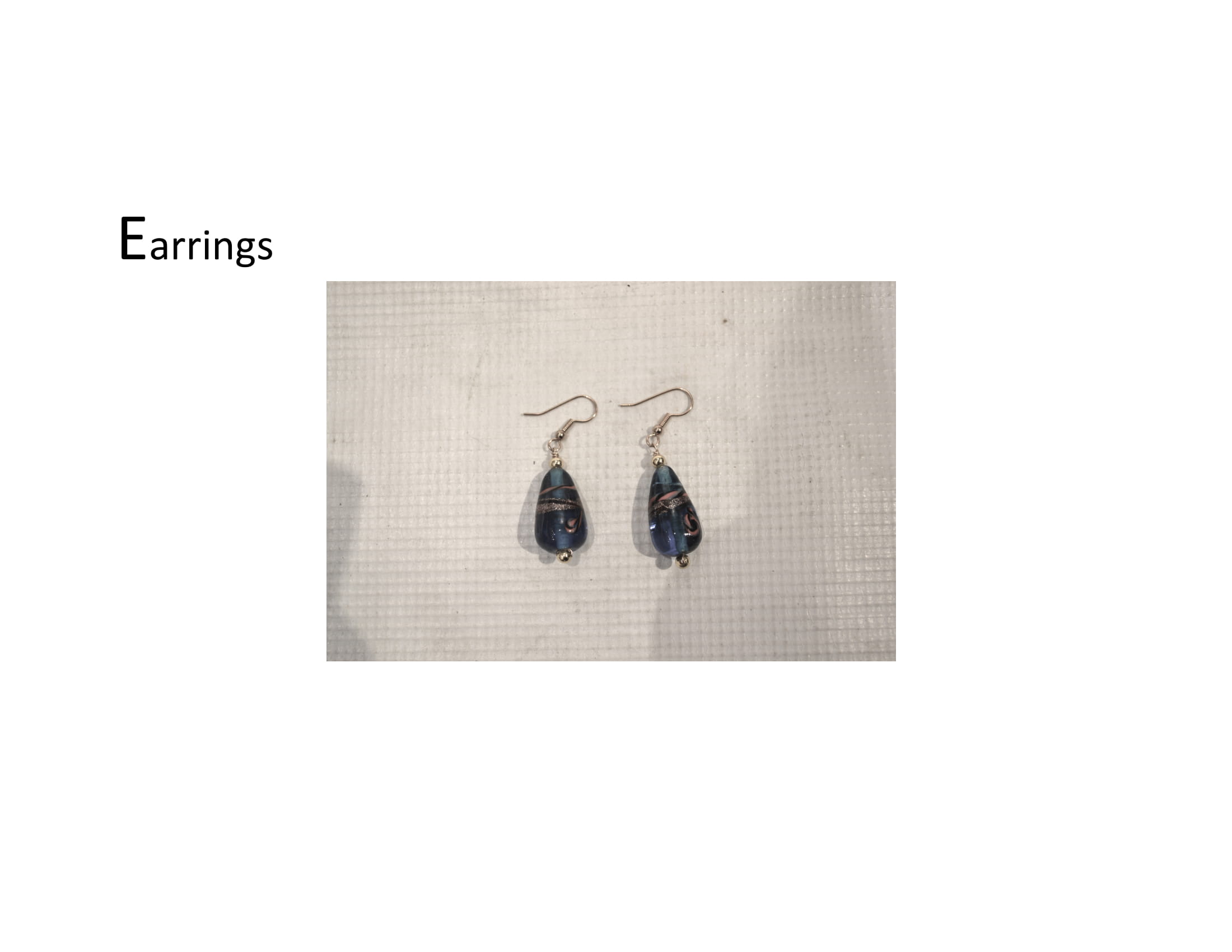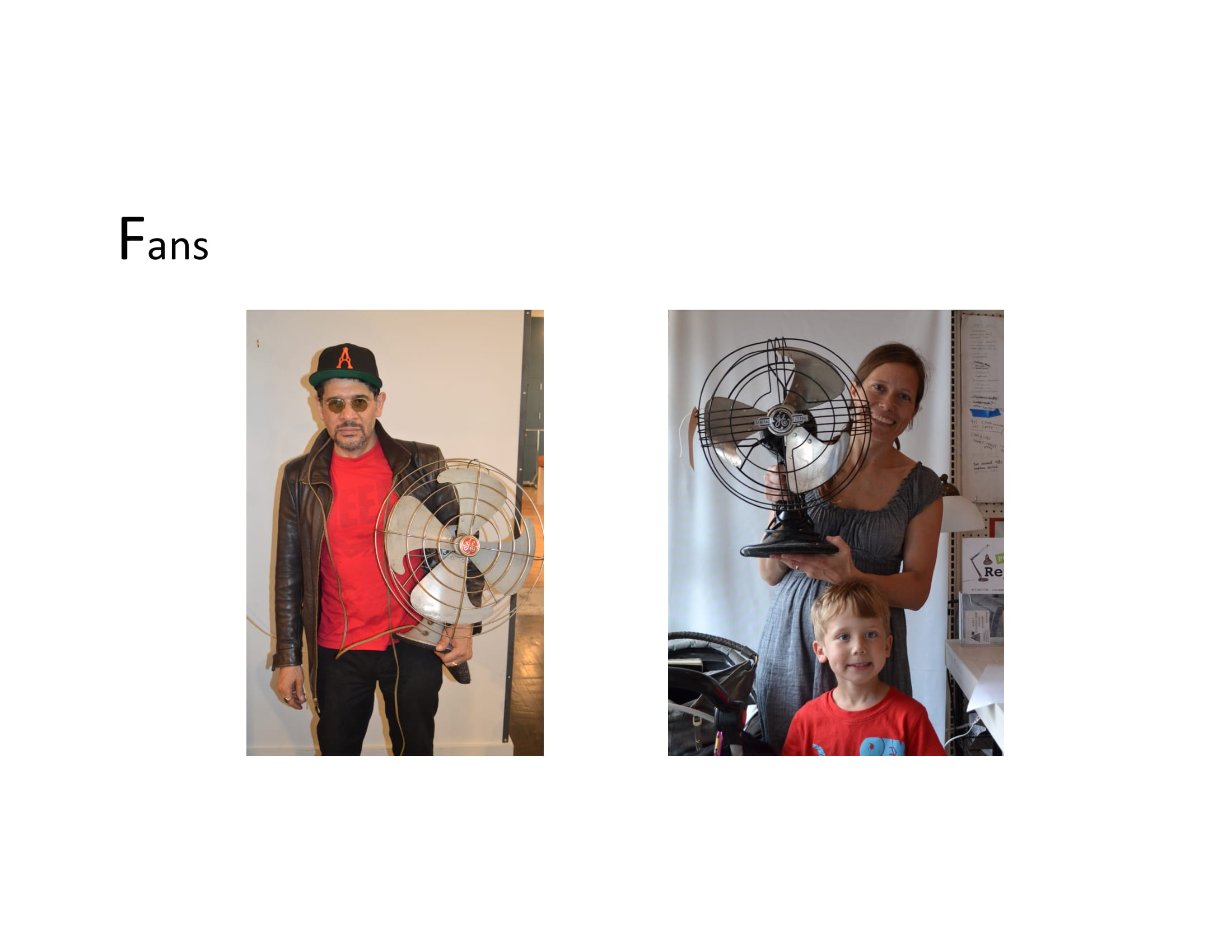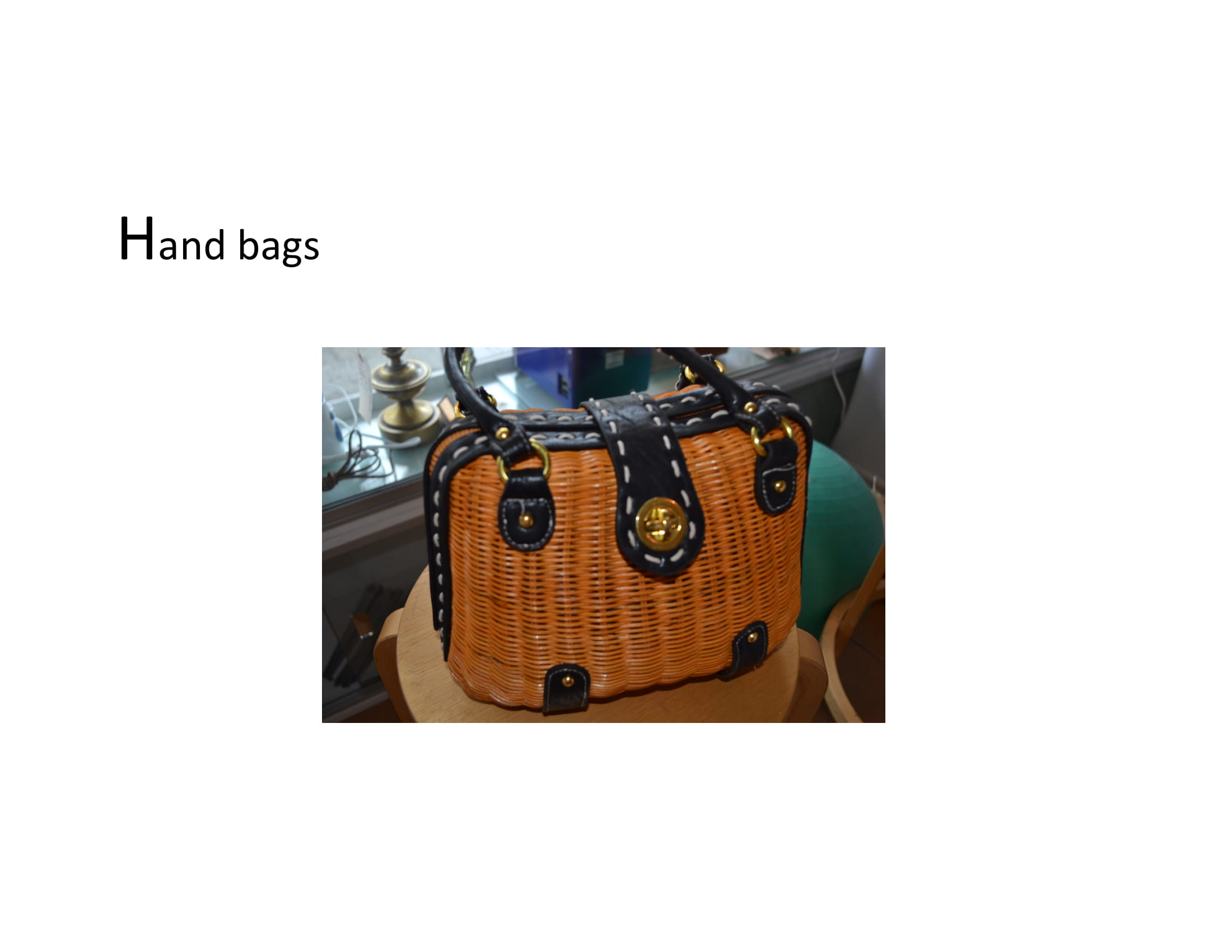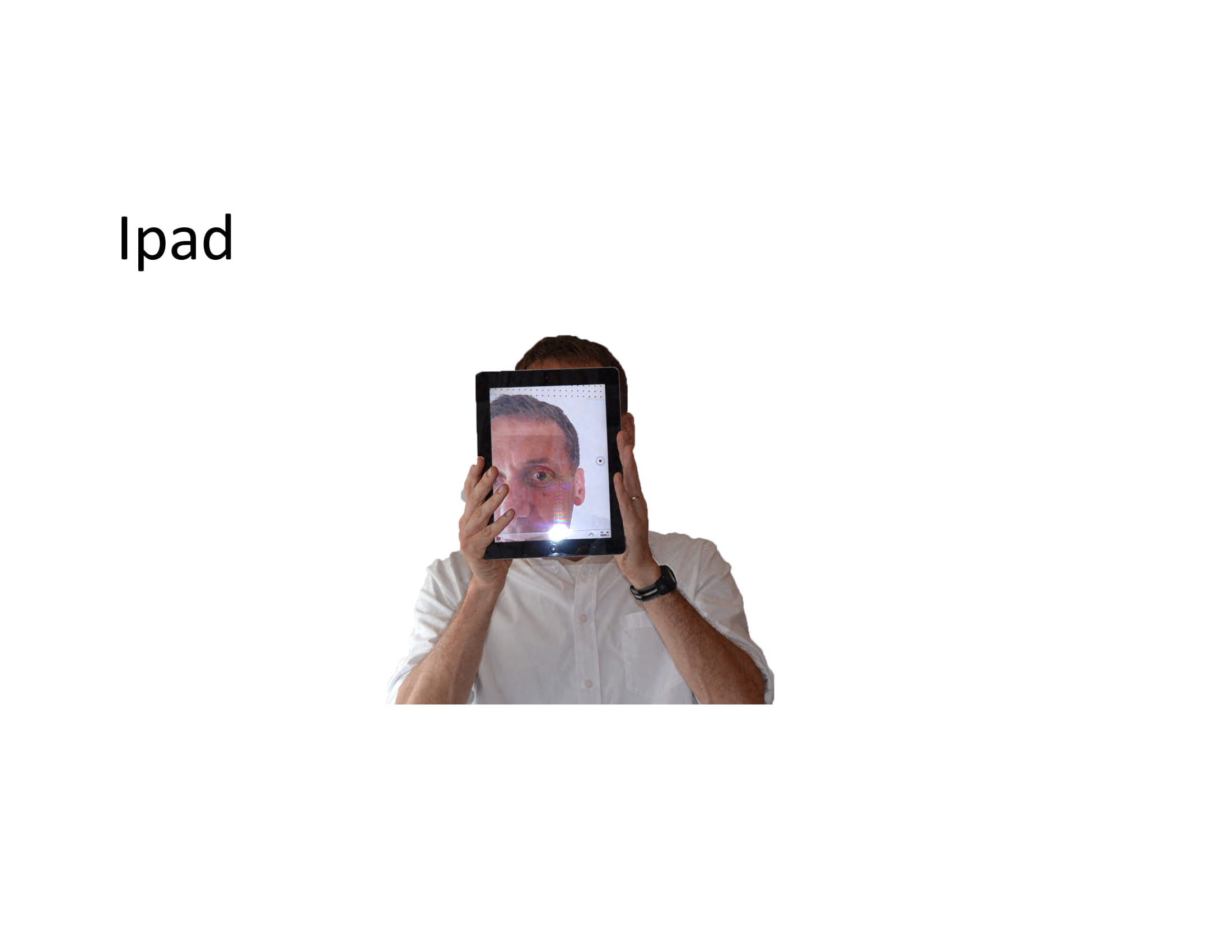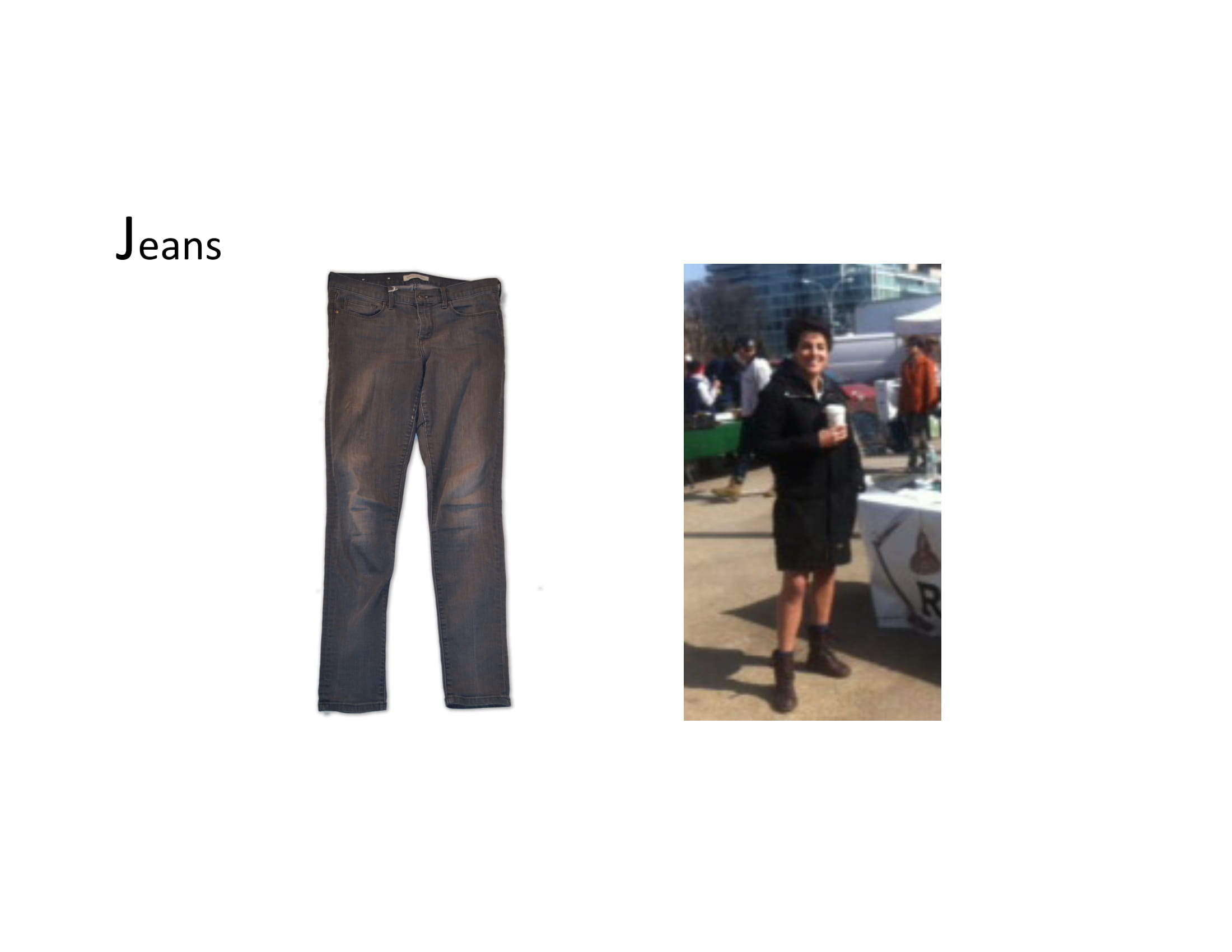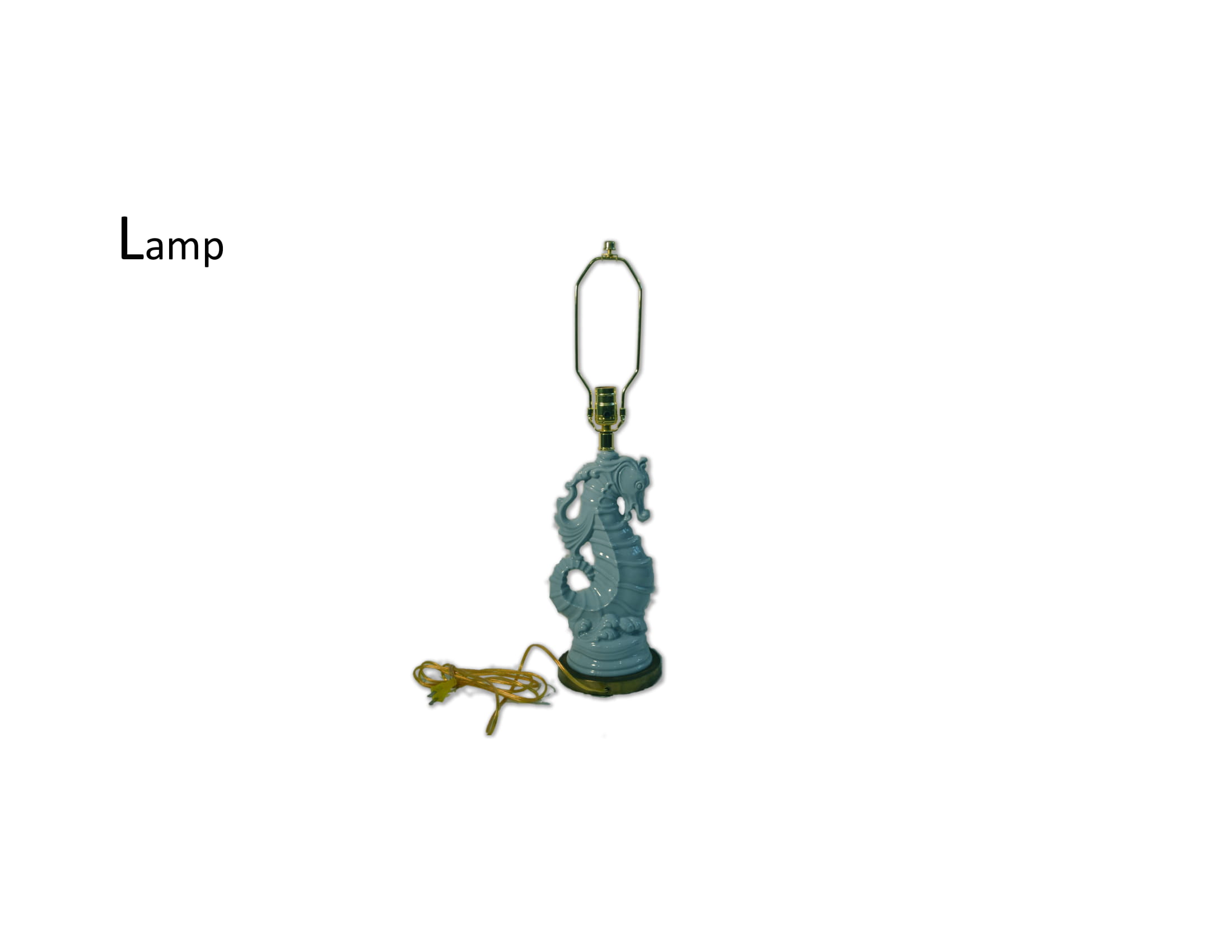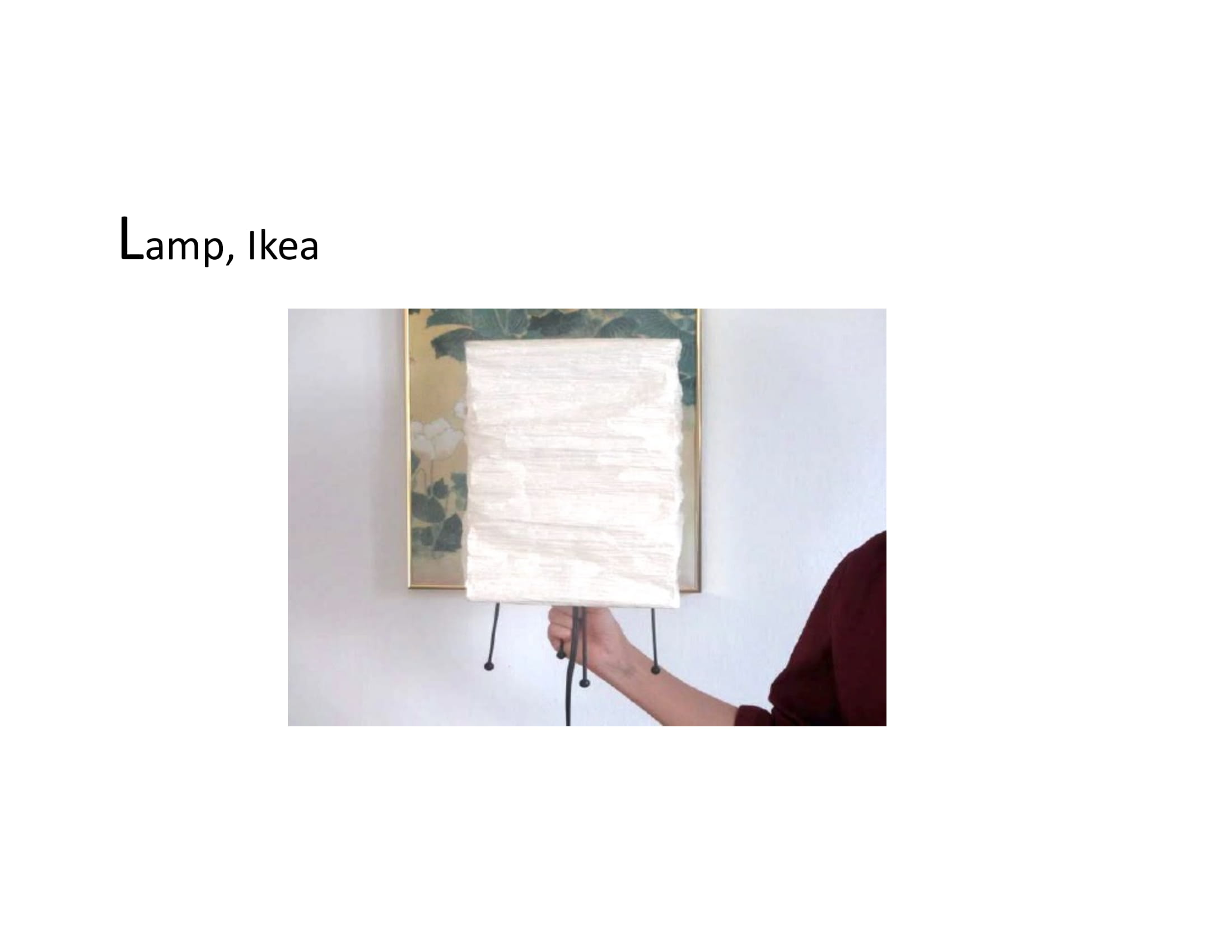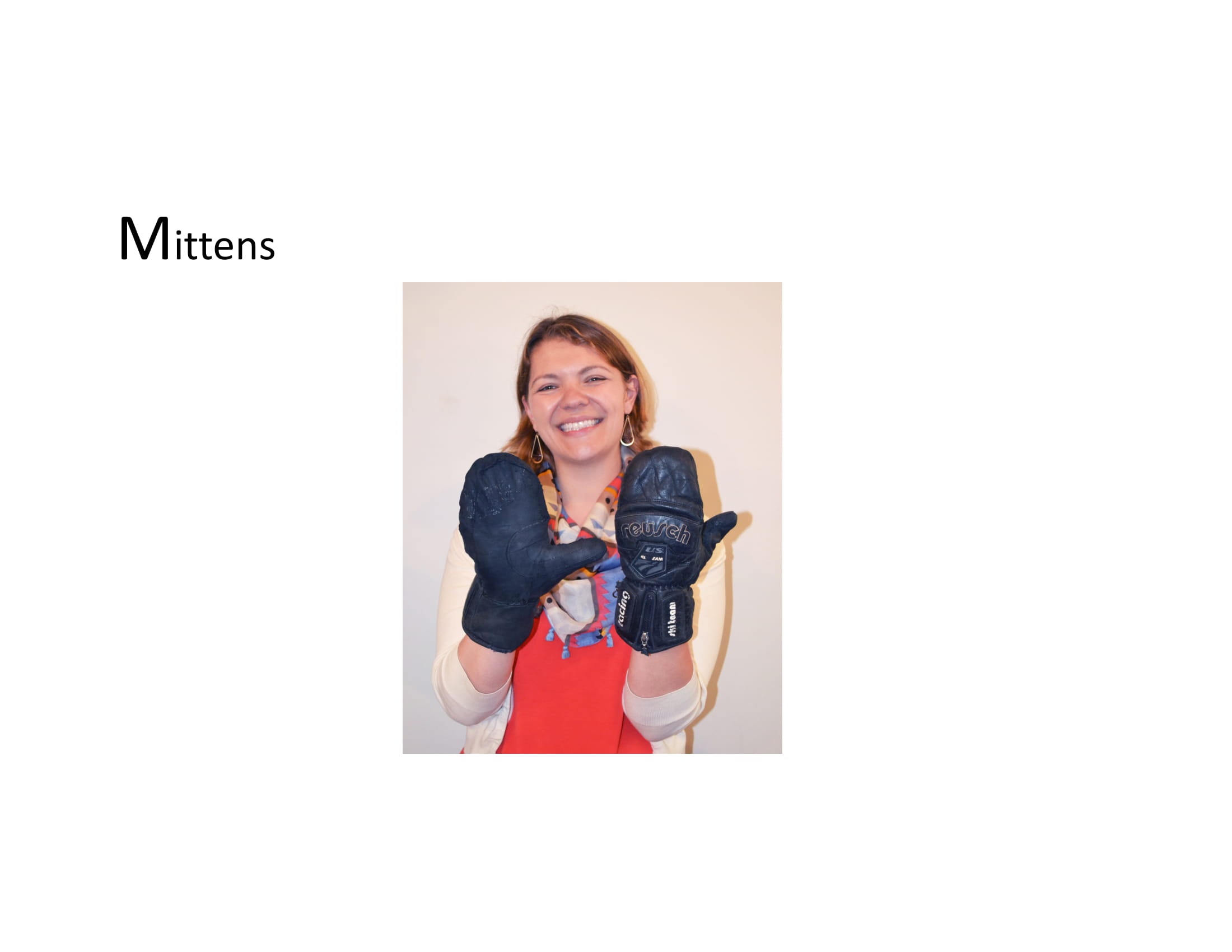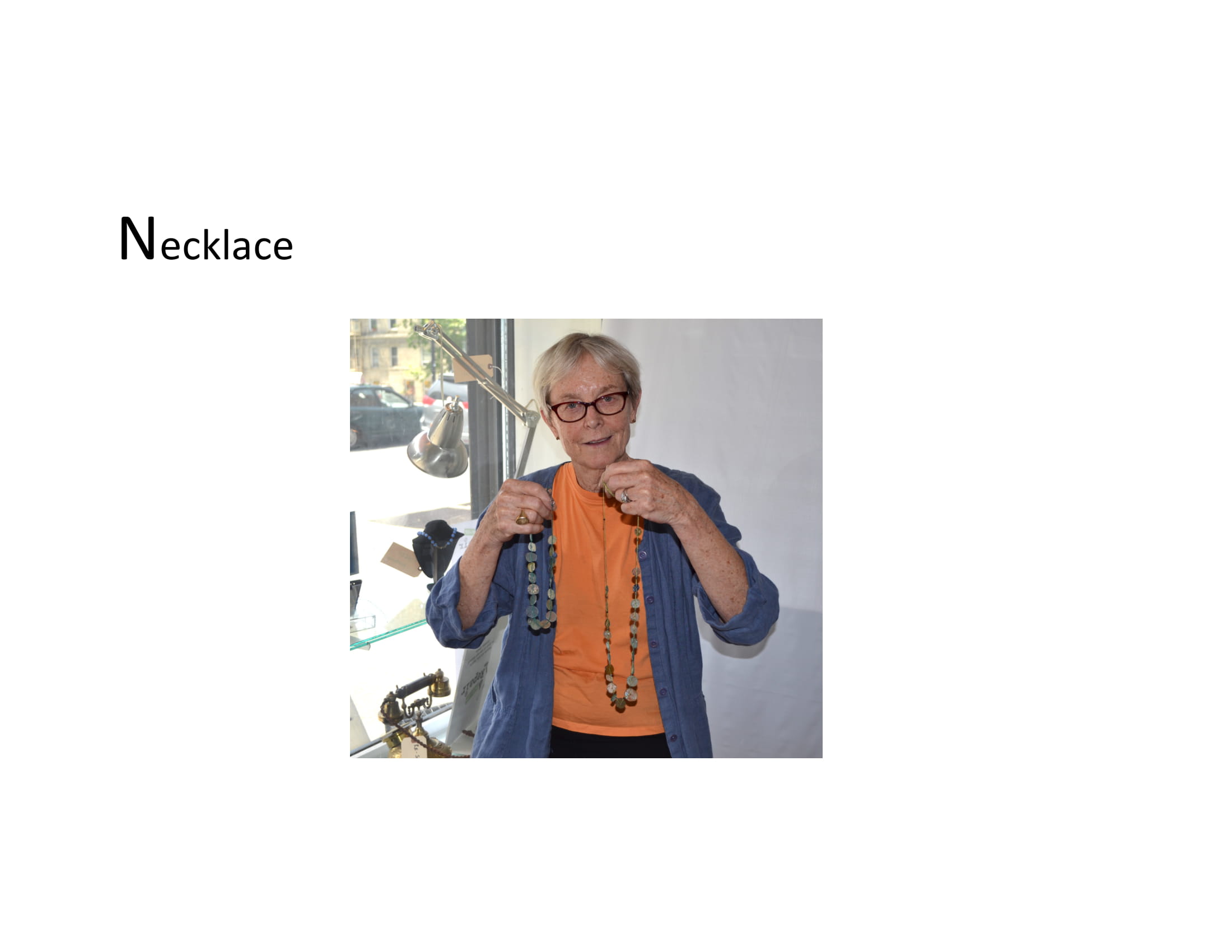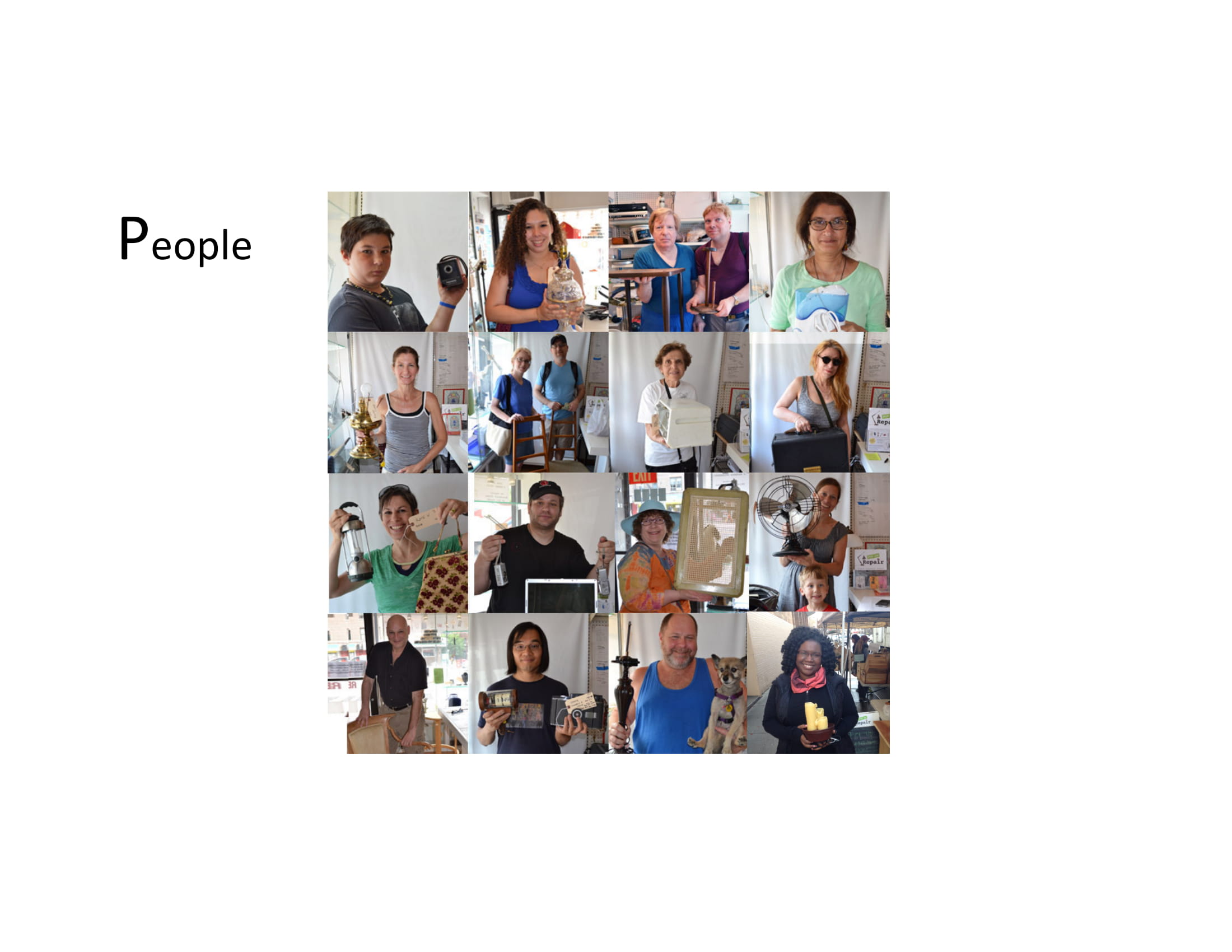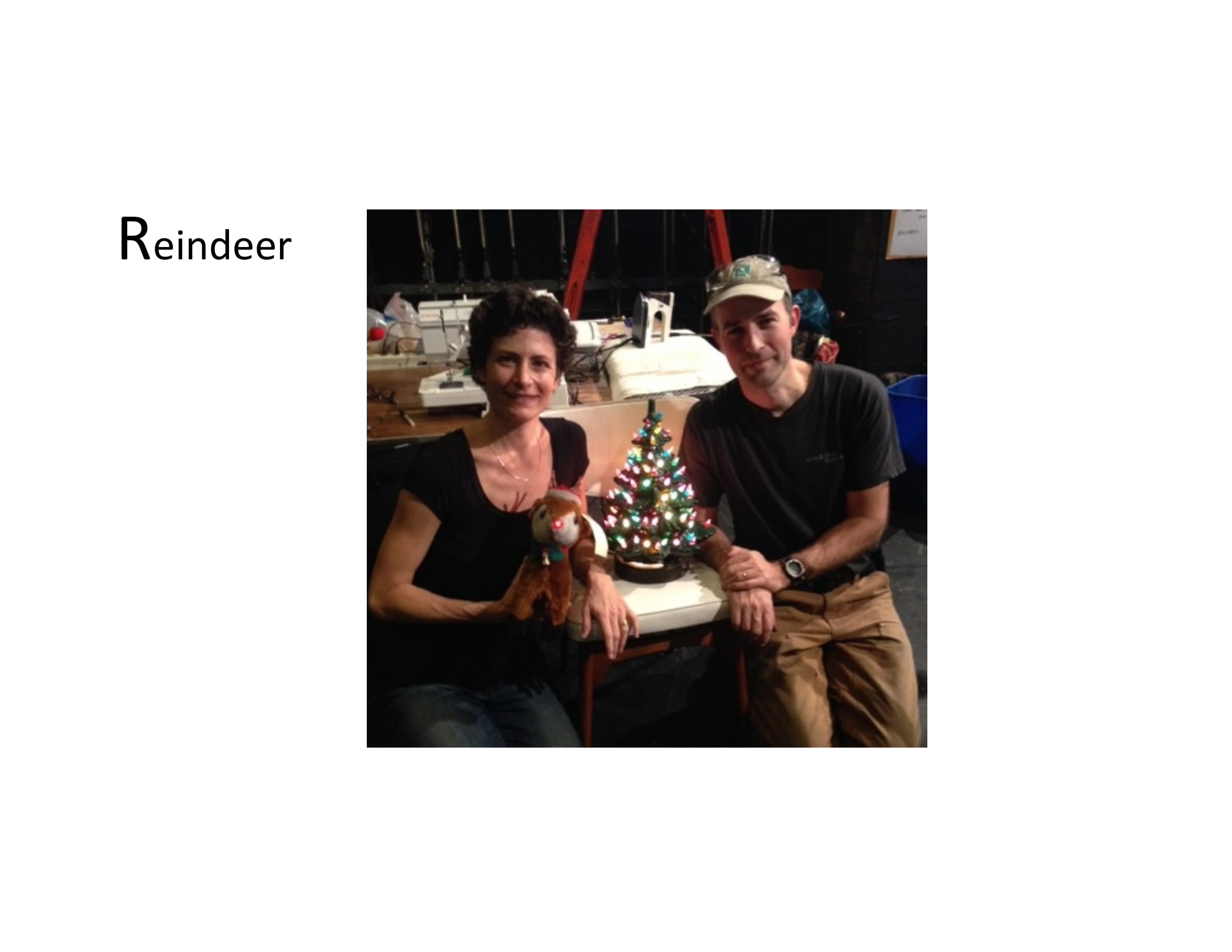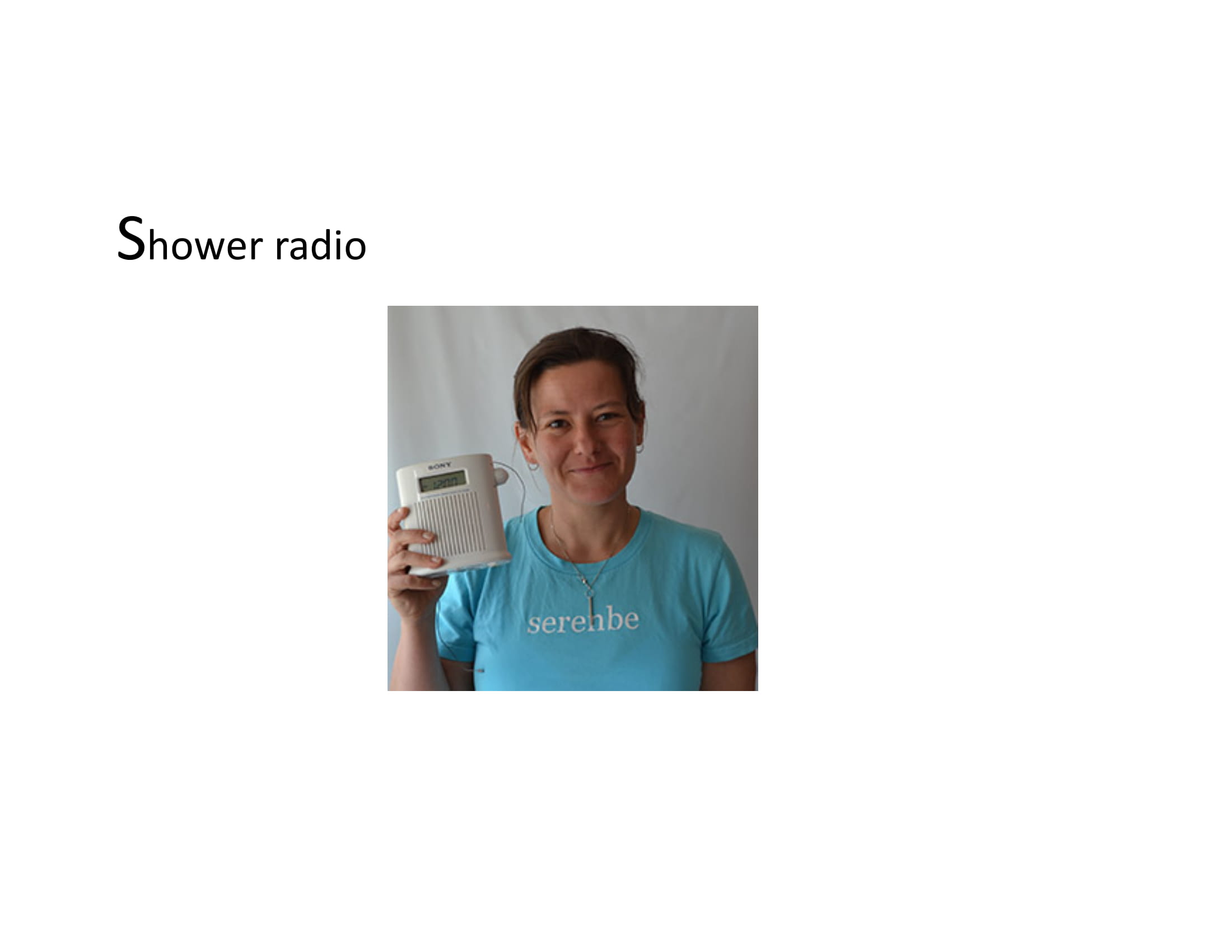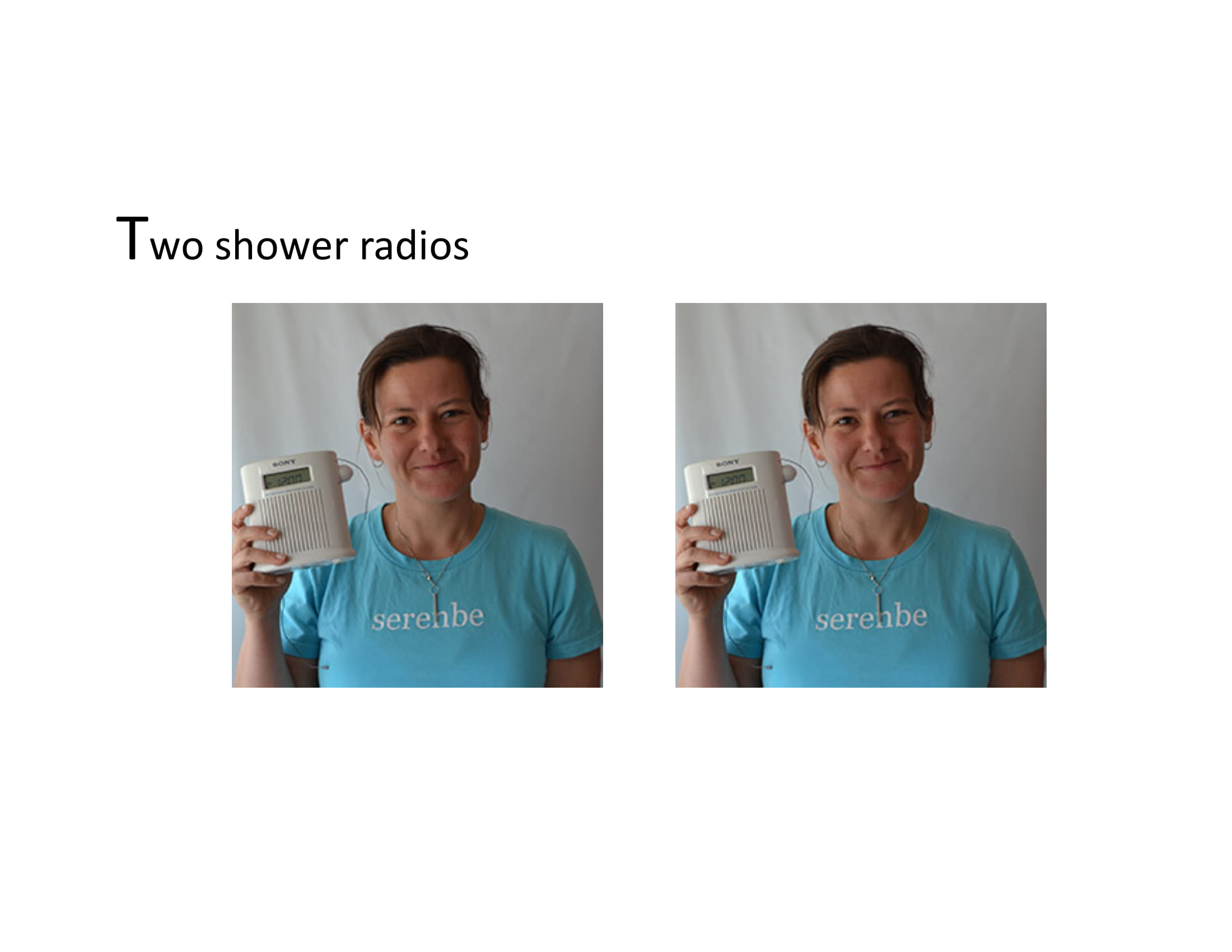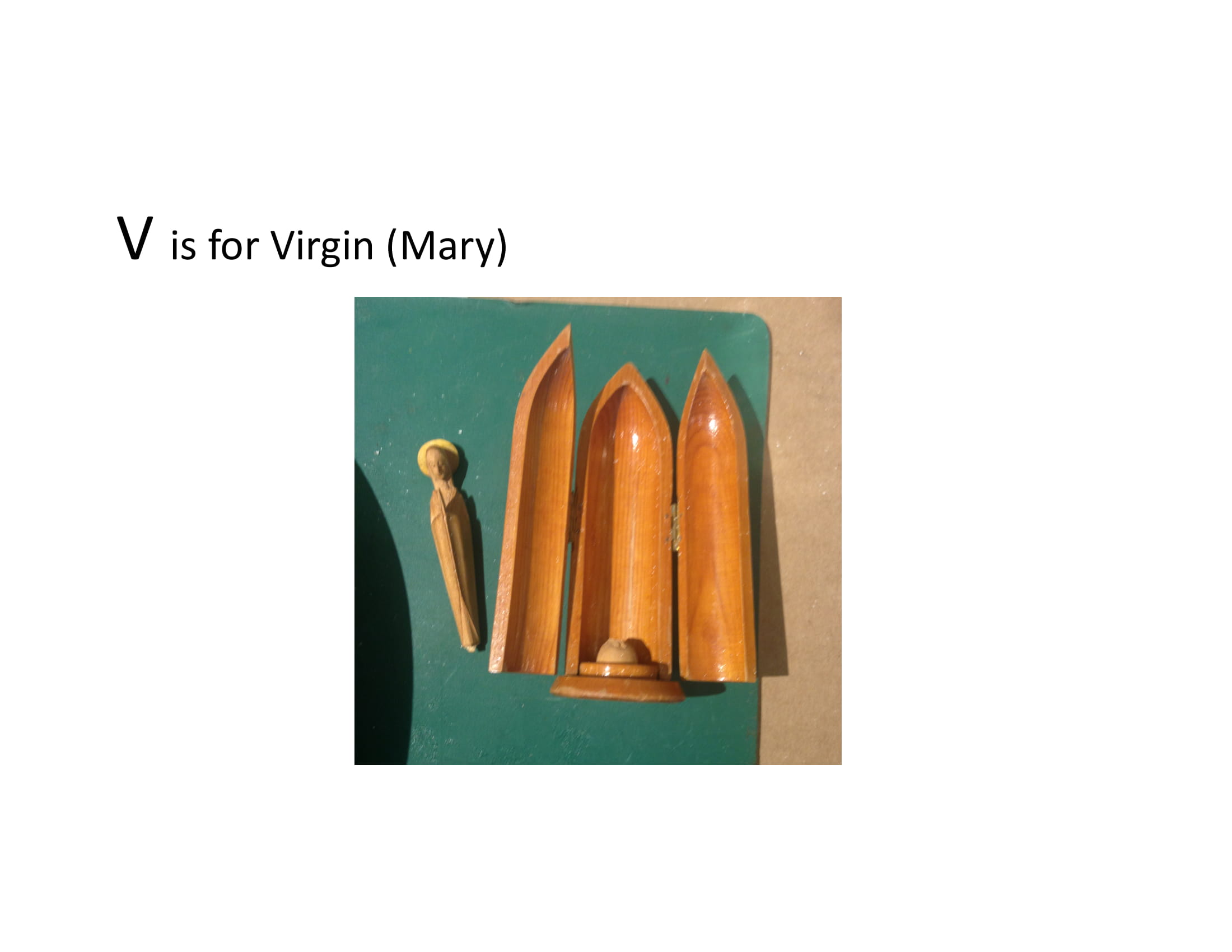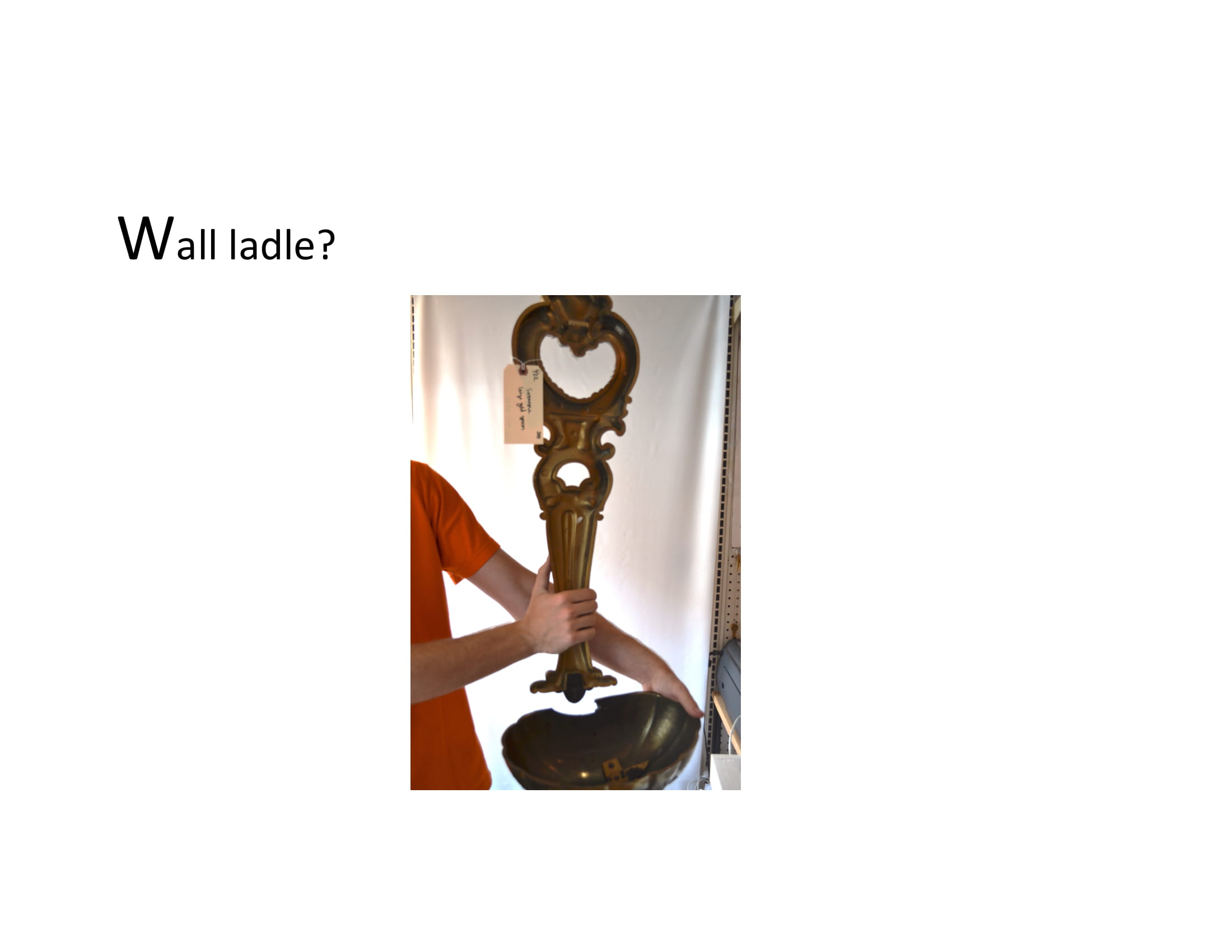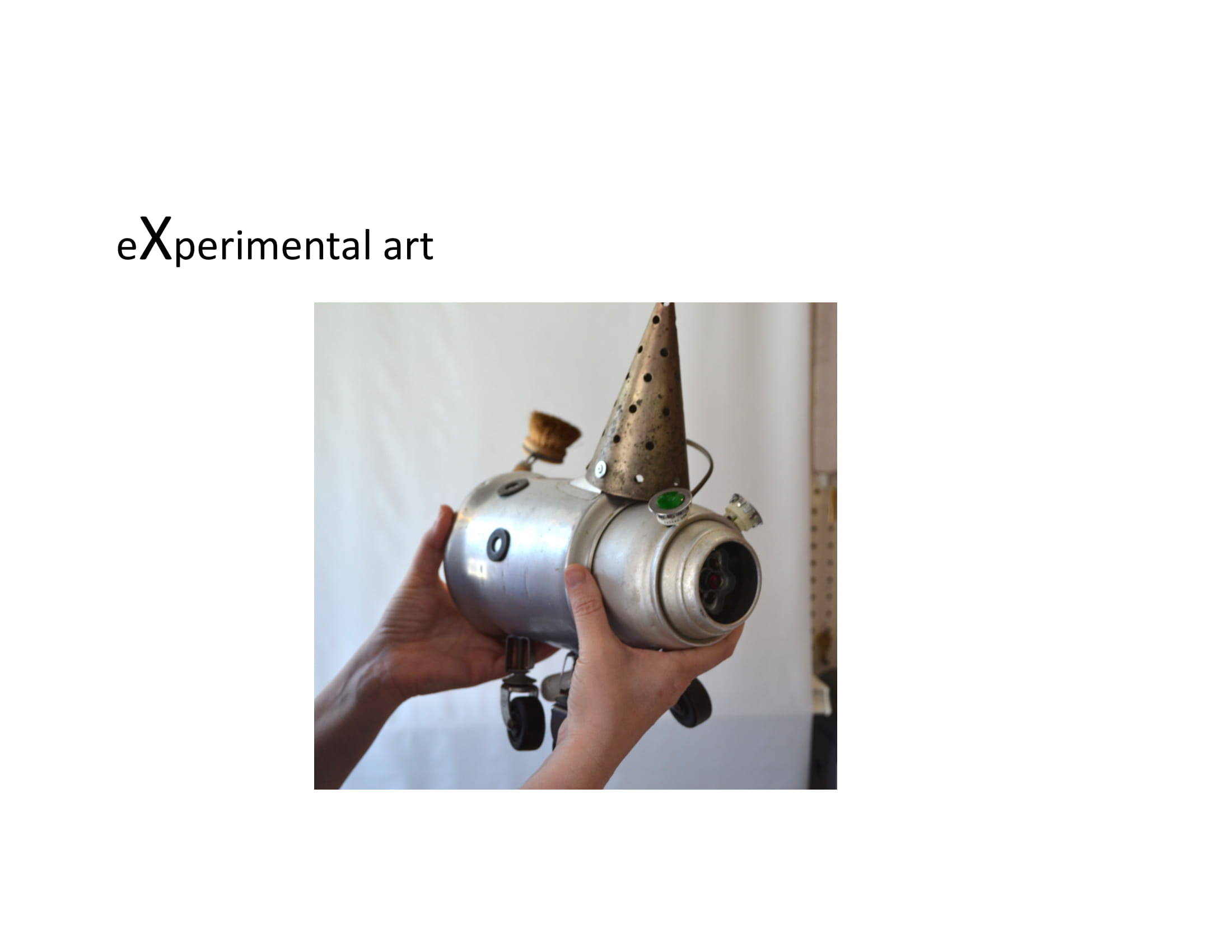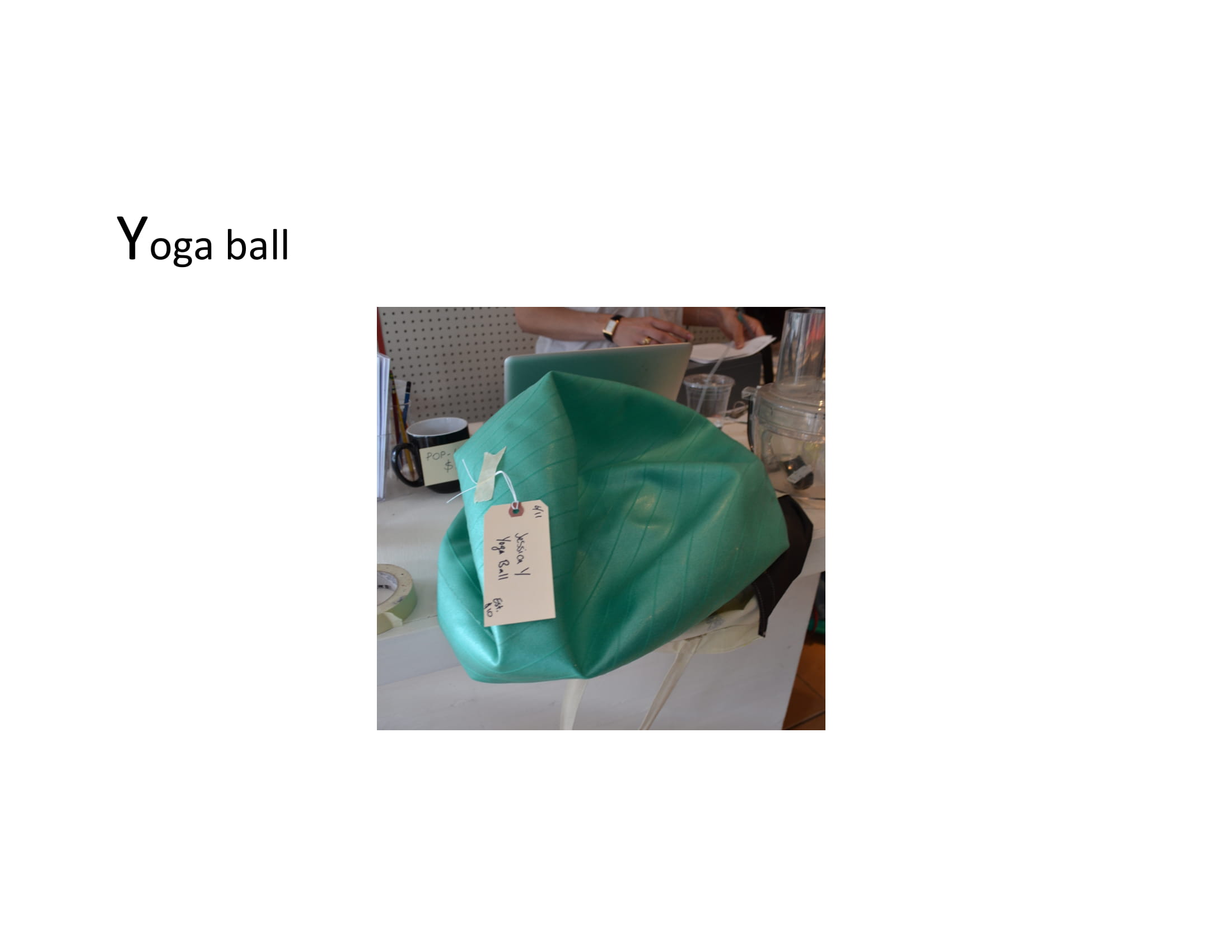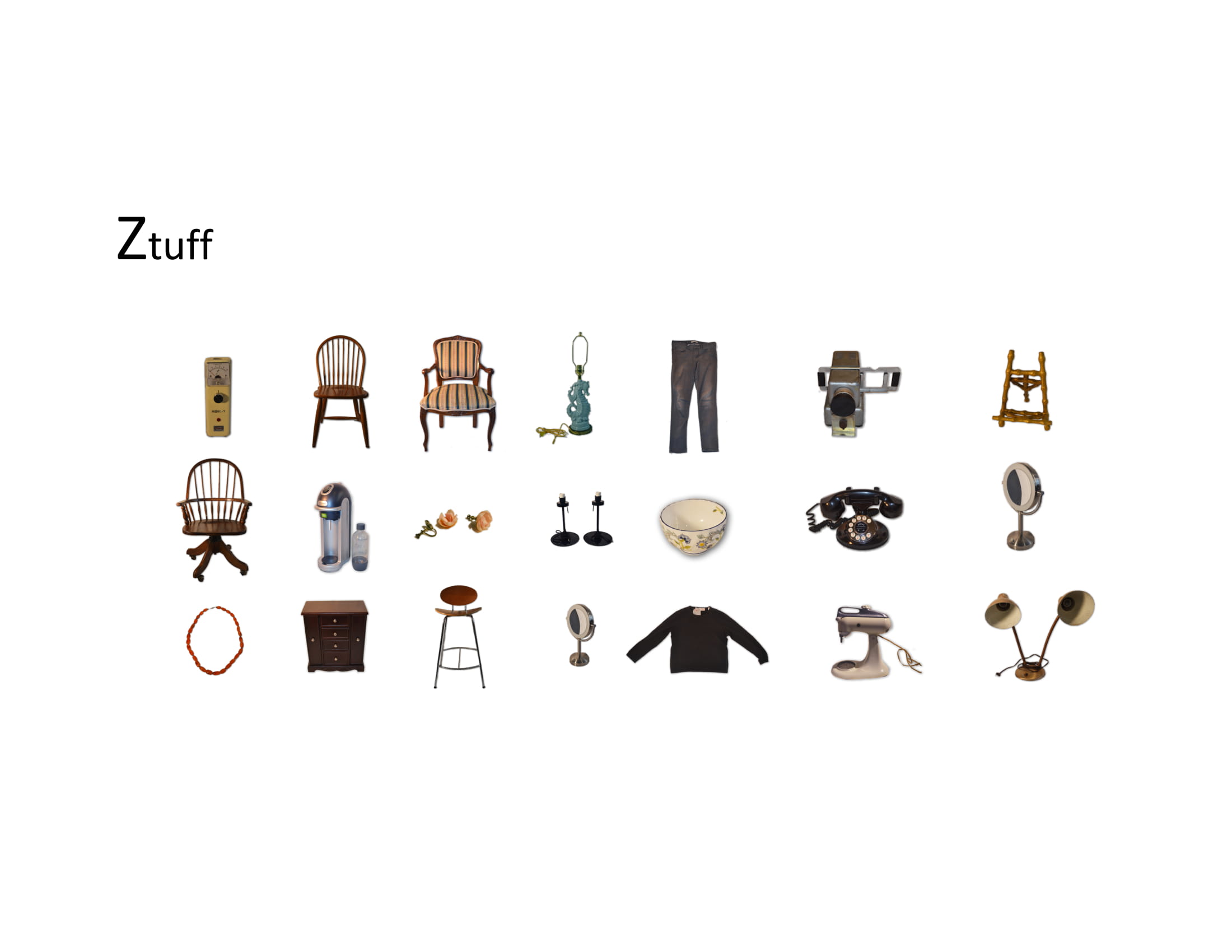Episode 19: Sustainable Investing and Divestment
Claire Veuthey (left), Mike Fiorio (right)
Guests:
Claire Veuthey
Director of ESG & Impact
OpenInvest
Mike Fiorio
Trustee
Northland College Board of Trustees
Host: Dave Karlsgodt
Principal, Fovea, LLC
Production Assistant: Kaia Findlay
Remember the old adage, Put your money where your mouth is? Or maybe, vote with your wallet? No matter which way you say it, money talks. In this episode, Claire Veuthey of OpenInvest and Mike Fiorio of Northland College’s Board of Trustees discuss sustainable investments and how to make financial choices that reflect planet-forward values. Claire, the director of ESG & Impact at OpenInvest, a startup devoted to socially responsible investing, walks through the management of funds and investments and how they can become more sustainable. Mike discusses how Northland’s Board of Trustees reached their decision to divest from fossil fuels, and the importance of listening to student voices in balance with the university’s financial interests.
Resources:
Northland College Sustainability: https://www.northland.edu/sustainability/
OpenInvest: https://www.openinvest.co/
Intentional Endowments Network: http://www.intentionalendowments.org/
Sustainable Accounting Standards Board: https://www.sasb.org/
News on Northland’s Divestment: https://www.northland.edu/news/northland-college-divests-fossil-fuels/
Episode Transcript:
The following is an automated transcription of this episode which will include errors and omissions. You can listen and follow along with the text here:https://otter.ai/s/KuRXkxBVRcGIQwk06U5E-A
You can find a text-only version of the transcript here:
